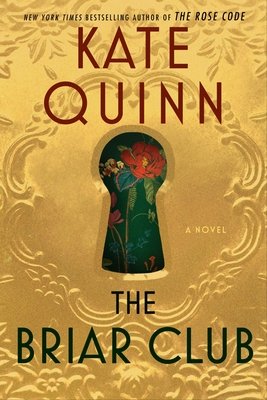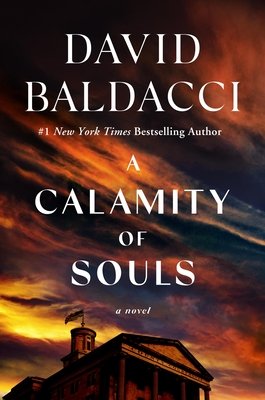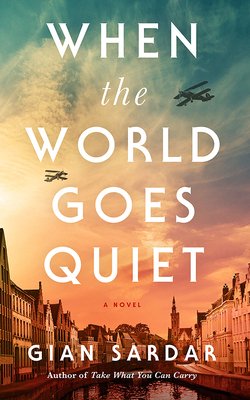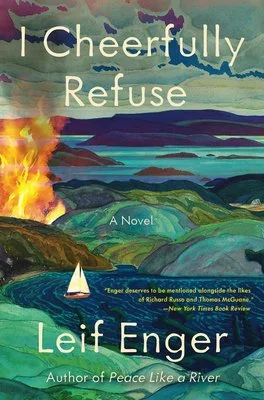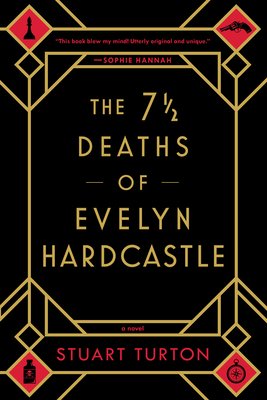“The Reigning Queen of Historical Fiction”—Fiona Davis on Kate Quinn
It’s no secret I’m a historical fiction junkie. What you might not know is New York Times bestselling author, Kate Quinn, is fast becoming one of my favorite historical fiction writers. If you haven’t tapped into her network of books, you really should. She builds stories around powerful, self-assured women that draw you in and make you want to be a better person. When I saw she had a new release, July fireworks lit up and activated this old lady’s brain. I’d discovered my next best read—The Briar Club.
Set in the McCarthy era of the 1950s, The Briar Club is a story about a mismatched group of women at a drab boardinghouse in our nation’s capital. Most of the boarders tend to keep a low profile. Women who are pros at burying secrets down deep. When the beautiful and mysterious Grace March moves into the attic, everything begins to change. Grace (aptly named) has a way of drawing people into her warm circle of friendship. She understands the art of making people feel loved. Her weekly attic dinners and window-brewed sun tea become a place of healing and refuge for everyone at Briarwood House. As Grace’s neighbors share their struggles and reveal their secrets to her, they realize they know very little about who Grace really is. They have no clue about the secrets she keeps that ultimately lead to murder at the boardinghouse. If only Briarwood’s drab walls could speak.
You’ll have to join the club to pull back the curtain on a killa. My bet is you’ll be glad you did. In this bibliomane’s opinion, The Rose Code is still Quinn’s best historical fiction to date. Fiona Davis called it “A knockout of a story.” It was just too good and the inspiration behind my visit to Bletchley Park. That being said, The Briar Club is in my top three Kate Quinn offerings and definitely earns 4 plus stars.

